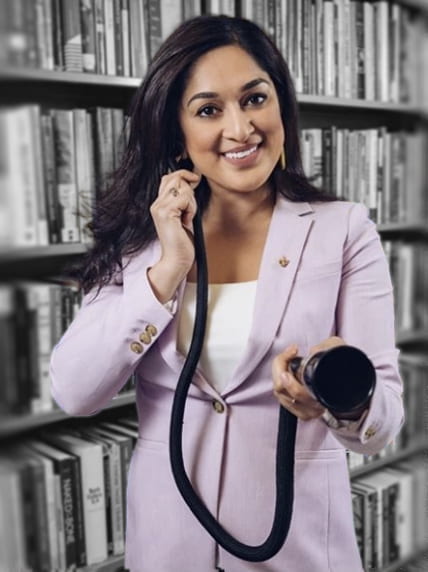Activism in Crisis: Making Space for Disability Discourse
Jaipreet Virdi
University of Delaware
From debates about qualifications for democratic citizenship to demands for accessibility and accommodation, disability is deeply rooted in a long history of activism and struggle for equality. To address oppressive stereotypes and pejorative attitudes, disabled people have organized in various ways: by forming clubs and organizations, leading labor and union movements, and by advocating access to employment, medical care, rehabilitation, and equal education. They have supported and passed transformative legislative protections. Disabled activists tend to be at the forefront of political and health crises, because they are disproportionately impacted by systemic medical biases, including ableism and racism; they tend to be the first to place their bodies on the line in the fight for equality. Yet, in narratives of crisis activism and calls for justice, disability is ignored, if not erased. This presentation examines recent uprising movements—#BlackLivesMatter, #IdleNoMore, and #MaskUp—to argue how and why it is essential to make space for disability discourse.
Jaipreet Virdiis an award-winning historian whose research focuses on the ways medicine and technology impact the lived experiences of disabled people. Her first book, Hearing Happiness: Deafness Cures in History (University of Chicago Press, 2020) raises pivotal questions about deafness in American society and the endless quest for a cure. She has published articles on diagnostic technologies, audiometry, hearing aids, and the medicalization of deafness and has published essays in The Atlantic and the New Internationalist.
As an educator, Virdi has taught at Ryerson University, the University of Toronto, and Brock University. She is currently an Assistant Professor at the Department of History at the University of Delaware where she teaches courses on disability histories, the history of medicine, and health activism.




